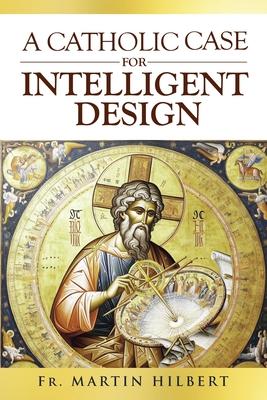A faithful catechist in Fr. Martin Hilbert's parish came to see him. "Father Martin," she said, "I have been teaching children about Adam and Eve, just as the Catechism tells us. But we can't be expected to believe that, can we? What is the real story?" Her question was the catalyst for A Catholic Case for Intelligent Design. In taut, accessible prose, Fr. Hilbert draws upon his broad learning in science, philosophy, history, and theology to show that modern evolutionary theory, including theistic evolution, faces a rising wave of disconfirming evidence. Meanwhile, the evidence for both intelligent design and a first human couple, Adam and Eve, is stronger than ever. What about the problem of suffering, disease, and death in a world created by a wise and good Creator? Fr. Hilbert tackles that issue as well, and explains why the theory of intelligent design, rightly understood, harmonizes perfectly with the Catholic theological tradition.

A faithful catechist in Fr. Martin Hilbert's parish came to see him. "Father Martin," she said, "I have been teaching children about Adam and Eve, just as the Catechism tells us. But we can't be expected to believe that, can we? What is the real story?" Her question was the catalyst for A Catholic Case for Intelligent Design. In taut, accessible prose, Fr. Hilbert draws upon his broad learning in science, philosophy, history, and theology to show that modern evolutionary theory, including theistic evolution, faces a rising wave of disconfirming evidence. Meanwhile, the evidence for both intelligent design and a first human couple, Adam and Eve, is stronger than ever. What about the problem of suffering, disease, and death in a world created by a wise and good Creator? Fr. Hilbert tackles that issue as well, and explains why the theory of intelligent design, rightly understood, harmonizes perfectly with the Catholic theological tradition.